|
The rich and powerful were recently taught a lesson that being rich and powerful only goes so far. Taking a lesson from the PR disaster that was the attempt to franchise European football, it’s time for attractions operators to recognise that while they might own it, it’s certainly not theirs...

Tom Anstey | Planet Attractions | 04 May 2021
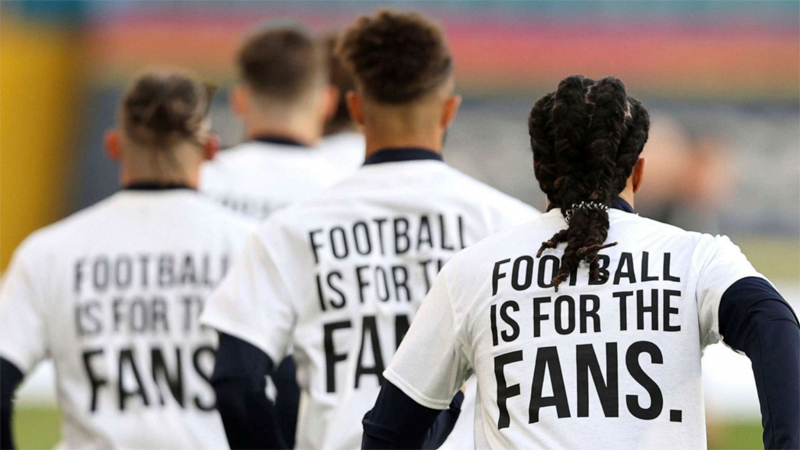
 Much like competitive sport, it’s fans that determine financial success for attractions Much like competitive sport, it’s fans that determine financial success for attractions
The headlines in recent weeks were dominated by the seemingly sudden - but actually long-planned behind closed doors - announcement to take the world’s most popular sport and turn it into an ‘elite’ competition where only the so called ‘big boys’ can play.
Out of nowhere, 12 of Europe’s elite football teams announced plans to form a new league to effectively replace what is currently the pinnacle of European professional club football - the Champions League.
The new proposal, called the European Super League, would have been a competition unsanctioned by football bodies FIFA and UEFA between 20 European clubs. The competition would come in direct competition with the historic Champions League, with the 12 teams removing themselves from that prestigious contest to instead focus on the new breakaway.
The league would comprise fifteen "founding clubs", whose league status was guaranteed, alongside five other European football clubs who could qualify based upon performance in their domestic league's most recent season.
The fallout from this proposal could have seen players in these teams banned from playing international football and the teams being potentially kicked out of their domestic leagues. The money involved was reportedly so high, that any of the clubs didn’t care, treating the competition purely as business and ignoring the sporting legacies of their sides.
This attempt to effectively franchise football - guaranteeing riches for the 15 founding clubs at the expense of the rest of European football - was met with outrage from the majority of the footballing world, including many fans of the clubs represented.
With no threat of relegation and no chance for many clubs to even qualify for the league, the move would have effectively removed sporting competition.
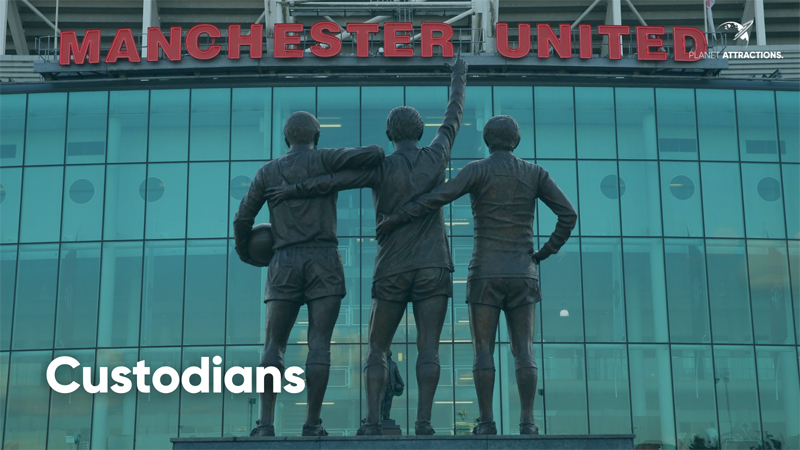
The ESL was a plan formulated at the highest level of each of these clubs. Even the players and managers reportedly had to find out about the plans via news services. The uproar - both internally and externally - was so great that within two days, nine of the 12 teams had pulled out. In the proposed format, the attempted formation of the league was essentially a footballing coup, with most saying the Super League leaders had declared war on the rest of football, focusing on only their own selfish desires.
Like many visitor attractions, football also has a hardcore fan base and if you try to change something because it will make you more money, it could end up costing you something far more valuable - your credibility, your reputation and your legacy.
This catastrophe of a PR exercise has hopefully taught the owners of these clubs a very important lesson - like a museum charged with preserving and maintaining the many wonders of the ancient world, football chiefs are the custodians of these treasures that are clubs with huge legacies.
The lesson for attractions is that while, for example, Disney might own Disney World and Universal might own Universal Studios, if you mess with your customers’ treasured memories and some of the things they hold dearest to them, it’s not going to end well.
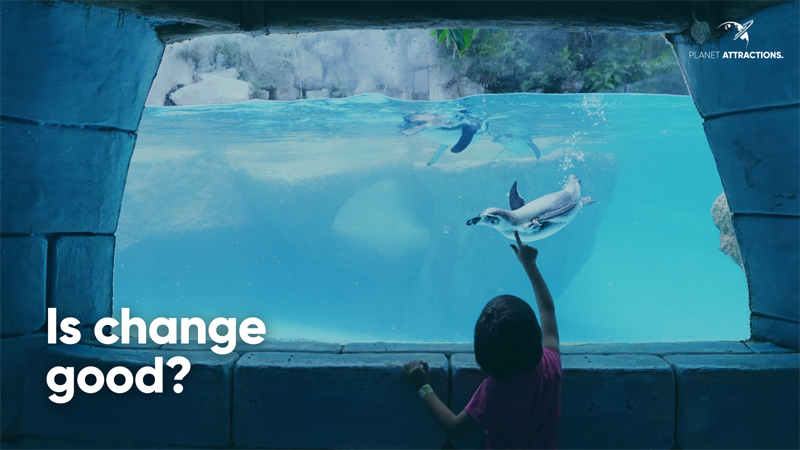
Now this isn’t saying that change shouldn’t exist because it certainly should.
Upgrades to rides, removing what have become distasteful elements from attractions over the years, returning items seized during the colonial era, finding new homes for cetaceans and things that simply improve safety are just a handful of very valid reasons for all kinds of attractions to make important changes.
But if a theme park owner (and this is obviously a very hypothetical extreme situation) suddenly rebranded all of its rides to the smiling face of a country’s dictator because that country paid them billions of dollars to do so, then the outrage in the long term will almost certainly be worse than the short term gains.
For probably a more realistic hypothetical, to you it might just be your oldest rollercoaster but to someone else - your loyal customer - it's the reason they fell in love with rollercoasters in the first place and the reason they choose your attraction to visit over the other ones.
Instead of demolishing it and replacing it with a shiny new attraction, maybe find a different space for that new ride and treat the old one with the respect it deserves - improve and upgrade it while maintaining the character and legacy of this well established and hopefully beloved attraction.
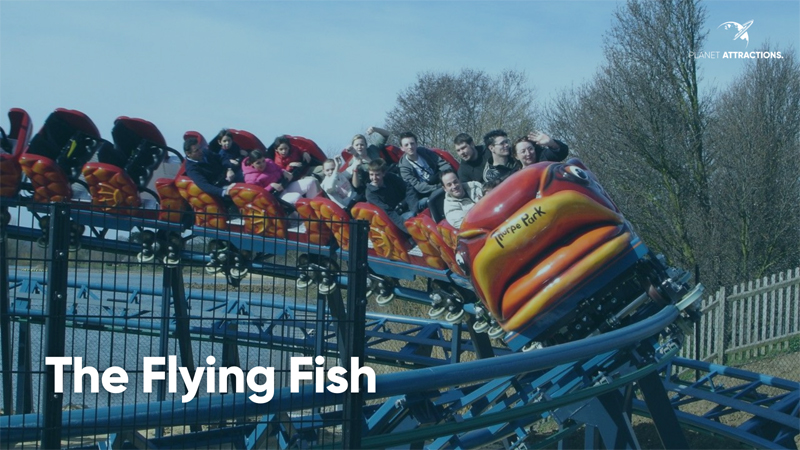
For me, it was the Flying Fish rollercoaster at Thorpe Park in the UK - my favourite ride hands-down as a child.
Learning of its removal in 2005 saddened me but then learning it made a comeback just two years later in a new location filled me with deep joy.
Admittedly I was probably a little too old for that ride when it made its comeback but just learning of its return put the park in such a positive light for me - an element of my childhood had been retained and whenever I visit Thorpe Park, I’m always happy that it’s still in operation.
The Flying Fish is special. It’s a ride with history where people who enjoyed it as children a generation ago can now share that experience with their own children. That’s a priceless experience in my book.
The final decision will always come down to you as the owner or operator of the attraction. But remember that your actions will have wide reaching consequences. It's not your attraction, it’s the people’s - the last year especially has taught us how useless an attraction is without its customers. Treat it with respect, treat with care and be considerate about everything you do when it comes to making changes. Sometimes change is good but if that change is self serving, then you might find yourself on the end of a European Super League-level backlash.
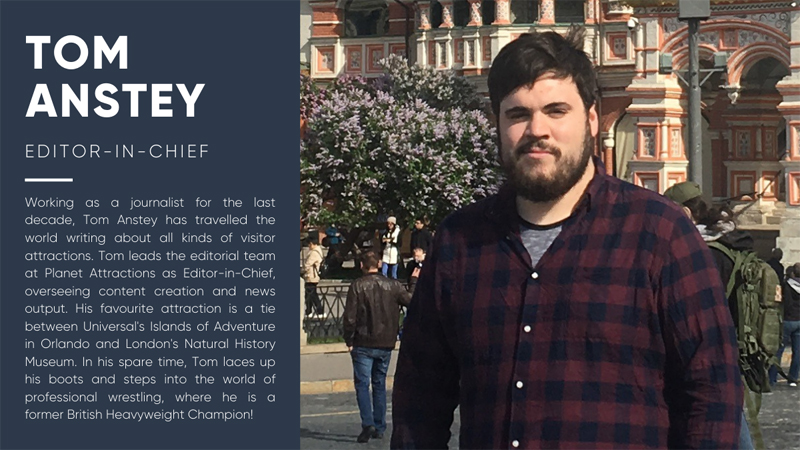
Visitor attractions
|
|

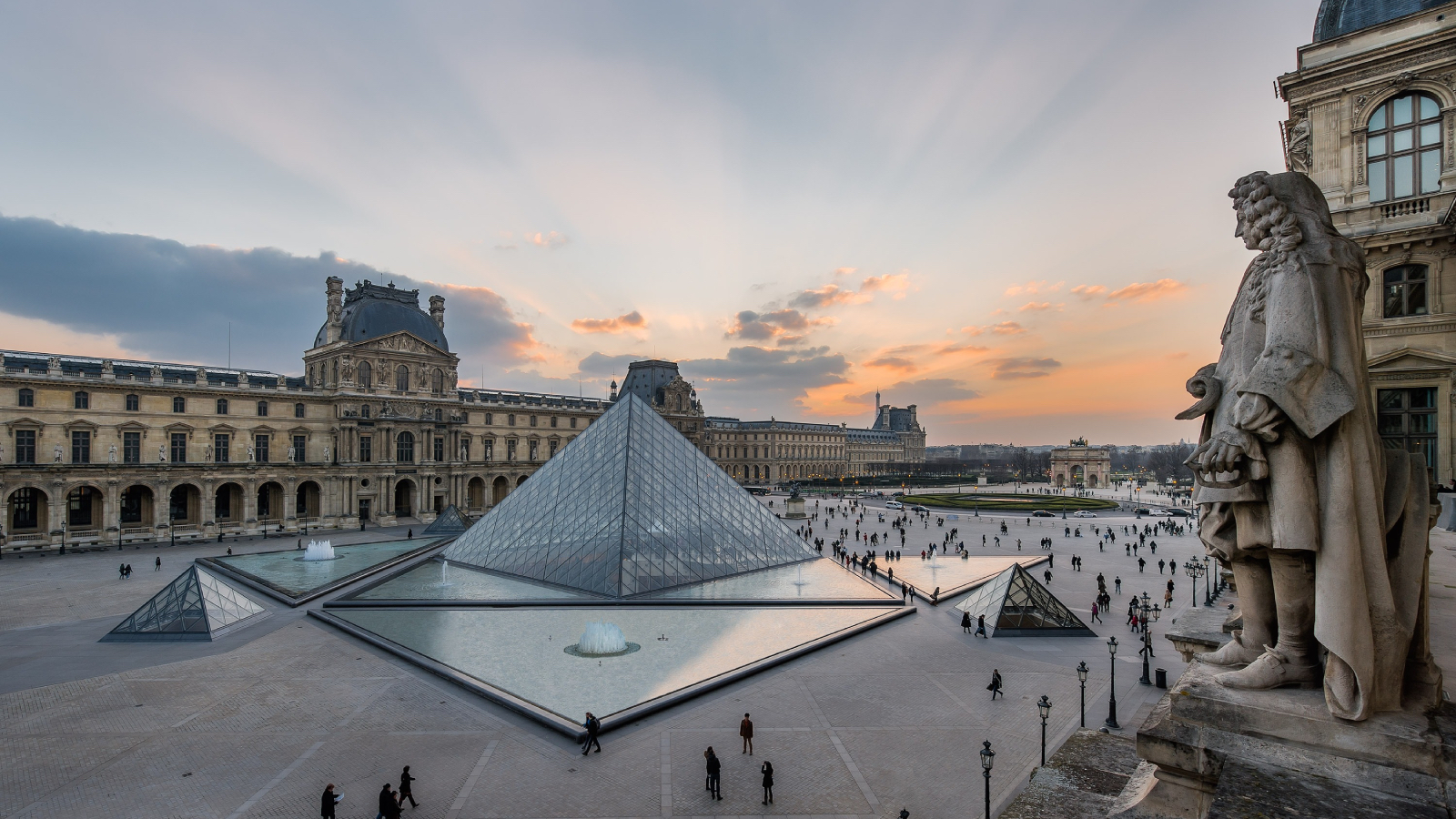
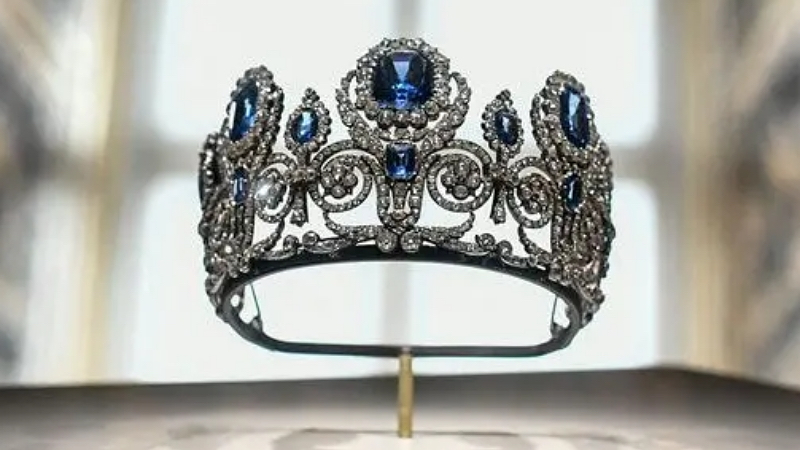
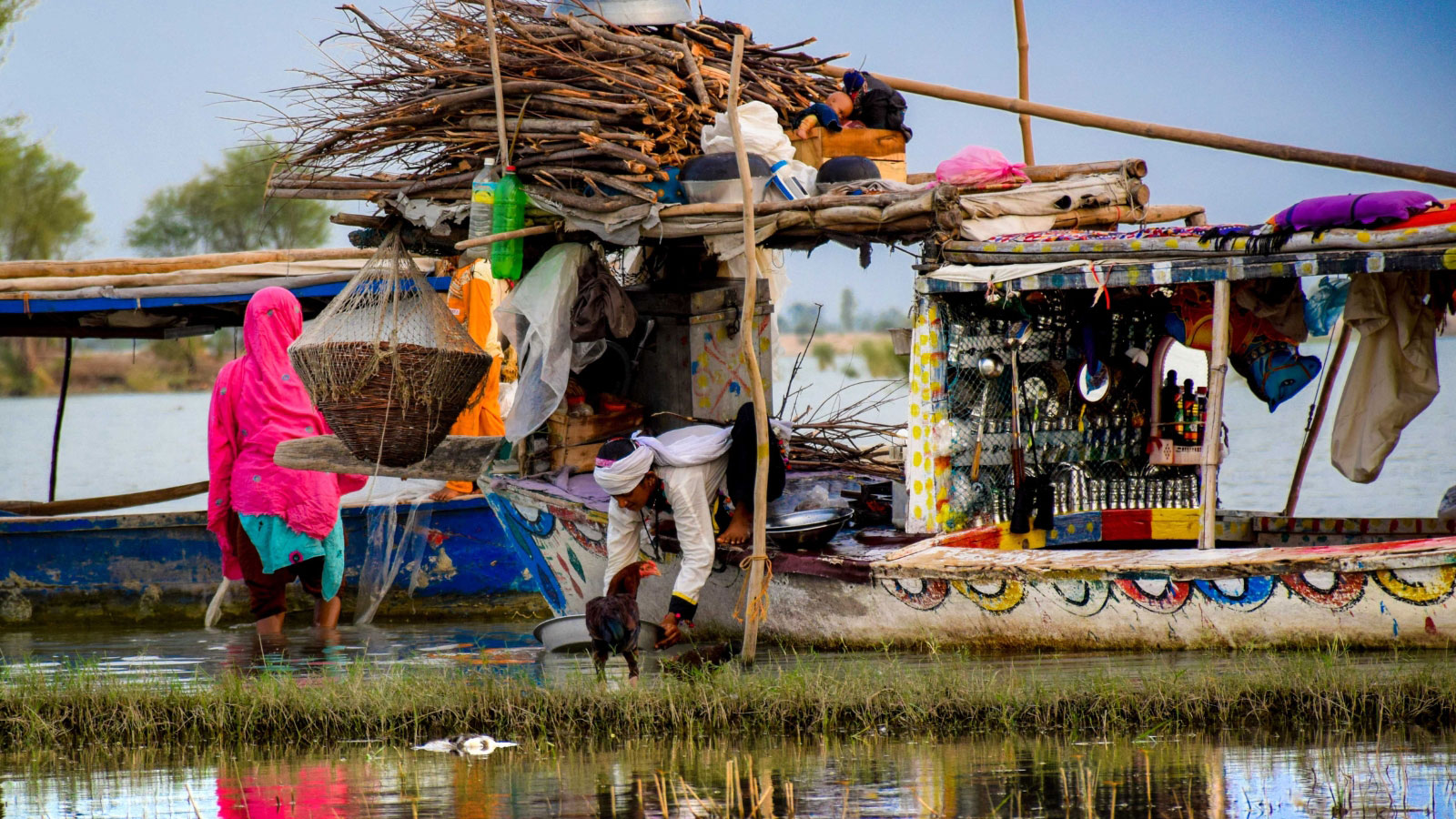
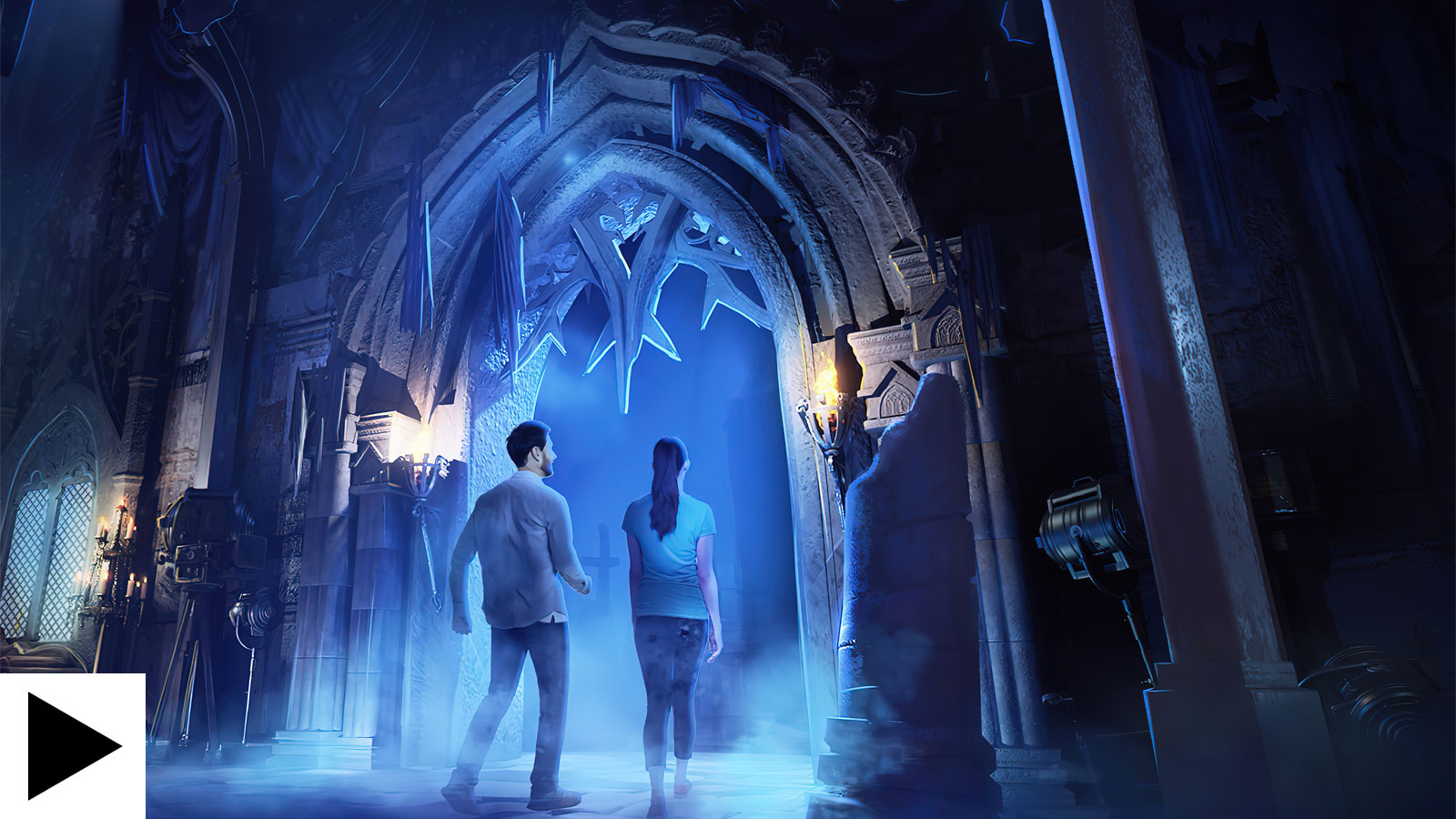

Supplier Showcase 2025: The biggest attractions projects landing worldwide this year
|